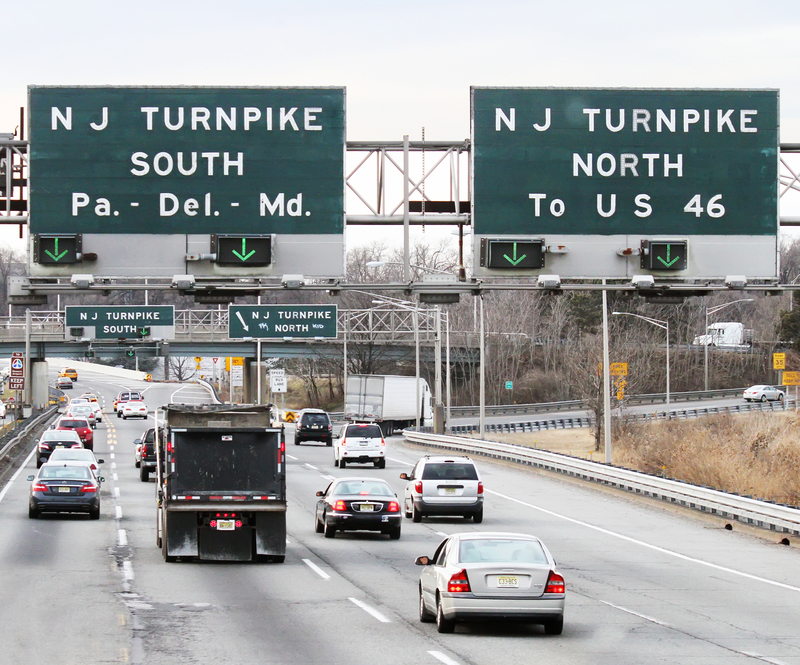New Jersey Advances Transportation Funding with Significant Legislative Changes
TRENTON, NJ—A recent legislative update aims to significantly amend the “New Jersey Transportation Trust Fund Authority Act of 1984,” with a primary focus on enhancing the State’s Annual Transportation Capital Program for the years 2025 through 2029. This amendment involves a revision in the taxation of highway fuels under the Petroleum Products Gross Receipts Tax (PPGRT) and introduces an additional annual fee for zero-emission vehicles, dedicating all generated revenues to the Transportation Trust Fund (TTF).
As everyone expected, with a transition to electric vehicles that are not paying their fair share of the gasoline tax, an annual fee on zero-emissions vehicles is also in the law.
The bill also institutes an additional fee for zero-emission vehicles registered in the State. The fee would be collected by the Chief Administrator of the Motor Vehicle Commission at the same time the vehicle is initially registered or renewed, as the case may be. Beginning on July 1, 2024, the fee would be $250 and increase by $10 on July 1 of each year until 2028. After that time, the fee would be set at $290.
Under the bill, a “zero emission vehicle” is defined as a vehicle certified by the California Air Resources Board or a vehicle that satisfies zero emission vehicle standards for the applicable model year. Vehicles produced in lieu of satisfying zero emission vehicle requirements would not be subject to the additional fee.
These additional fees would be credited to the “Transportation Trust Fund Account – Subaccount for Capital Reserves” to support
The bill proposes extending and expanding the New Jersey Transportation Trust Fund Authority’s ability to issue transportation program bonds, raising the limit from $12 billion to $15.6 billion until June 30, 2029. This increase supports the funding of the Annual Transportation Capital Program, earmarking $10.367 billion for capital expenditures over five years. The allocation includes an average annual program size of $2 billion, with specific appropriations for transportation projects across counties, municipalities, the Department of Transportation, and the New Jersey Transit Corporation in the latter half of the designated period.
A key change introduced by the bill is the accounting treatment for net premiums received from the issuance of transportation program bonds, allowing the authority to better manage its bonding capacity. Furthermore, the legislation revises the rate-setting process for the PPGRT to ensure consistent revenue generation for the TTF, with a gradual increase in the highway fuel cap through 2029 to meet specified fiscal targets.
Another notable change is the abolition of the three-member review council previously responsible for overseeing the implementation of the PPGRT, streamlining the process for adjusting tax rates and revenue targets. Additionally, the bill mandates a new annual fee for zero-emission vehicles, starting at $250 in 2024 and increasing annually to $290 by 2028. This fee aims to further support transportation projects within the state, although it explicitly restricts the use of these funds for debt service on transportation bonds.
These legislative adjustments signify a comprehensive approach to funding and managing New Jersey’s transportation infrastructure, aligning tax and fee structures with the state’s evolving transportation needs and environmental standards.
